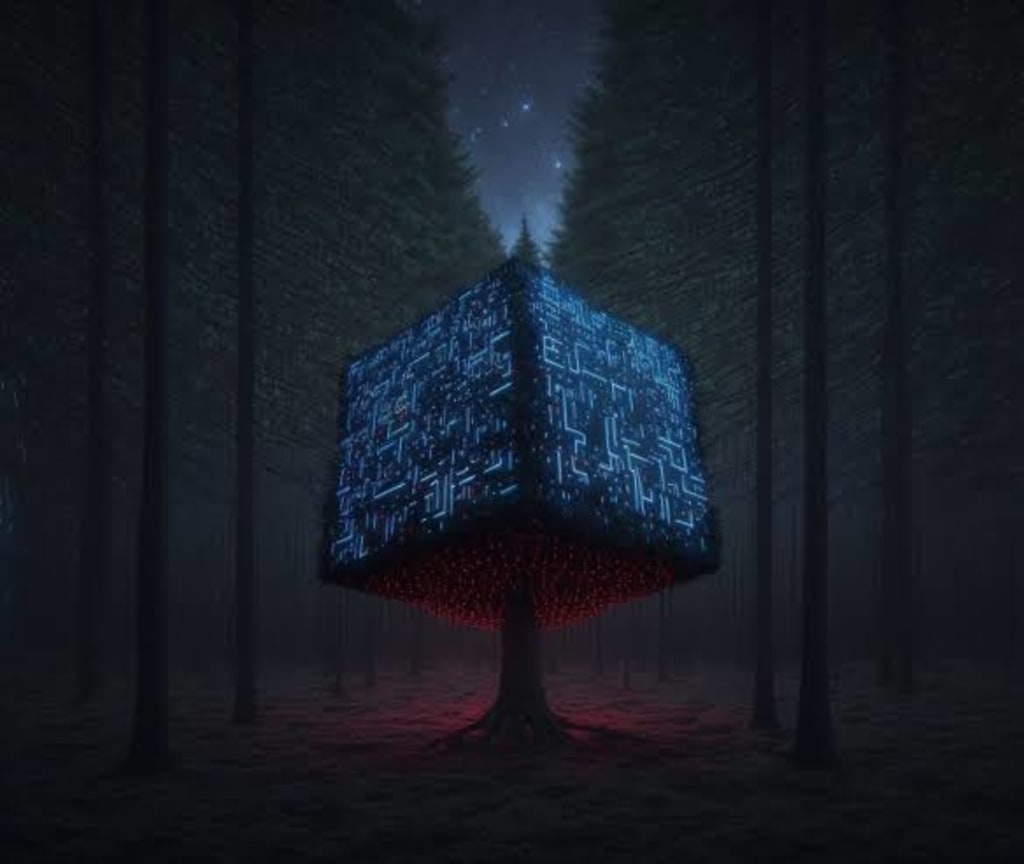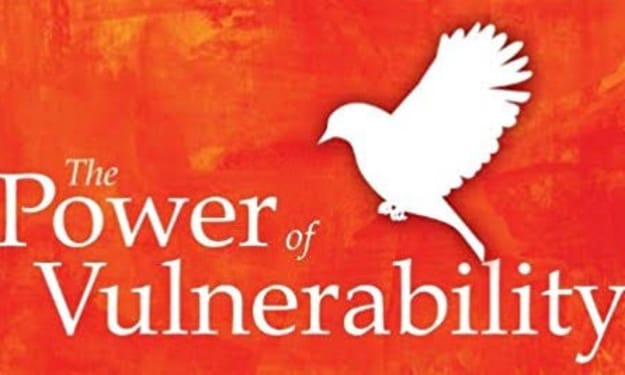
The internet has brought many benefits to humanity, from instant communication with loved ones to access to vast amounts of information. However, as we increasingly rely on the internet in our daily lives, there are growing concerns about the darker side of our online world. One such concern is the "Dark Forest Theory" of the internet, proposed by Yancey Strickler in an article for The Atlantic.
The Dark Forest Theory of the internet is based on the premise that the internet is a place where people can easily hide their true identities and intentions. In this theory, the internet is like a forest, with different individuals and groups hiding behind trees, waiting to attack or deceive others. The theory suggests that, just as in a dark forest, the internet is full of hidden dangers that are not immediately apparent to the naked eye.
According to Strickler, the Dark Forest Theory helps explain some of the more troubling aspects of the internet, such as online harassment, fake news, and cyberattacks. In a world where people can easily hide behind anonymous usernames and fake profiles, it is difficult to know who to trust. In this way, the internet can be seen as a "wild west" where individuals and groups can act with impunity, and where the innocent are often left to fend for themselves.
Furthermore, Strickler argues that the Dark Forest Theory also explains why many online communities are so insular and tribal. In a world where there are so many hidden dangers, people tend to seek out others who are like-minded and share their values. These communities can become echo chambers, where people reinforce each other's views and opinions, and outsiders are viewed with suspicion.
Despite its bleak outlook, the Dark Forest Theory does offer some hope for the future of the internet. Strickler suggests that by acknowledging the hidden dangers of the internet, we can start to take steps to protect ourselves and others. This might involve developing better tools for verifying online identities, creating more secure online spaces, and promoting digital literacy and critical thinking skills.
The Dark Forest Theory is inspired by the science fiction novel "The Three-Body Problem" by Liu Cixin. In the novel, an advanced civilization sends a message to Earth inviting humans to join a galactic community. However, the protagonist discovers that the universe is full of predatory civilizations that seek to destroy others. To survive, civilizations must hide their presence from others, adopting a "dark forest" strategy of staying quiet and avoiding detection.
Similarly, on the internet, individuals and groups can easily hide their true identities and intentions, making it difficult to know who to trust. The anonymity provided by the internet makes it easy for individuals to engage in harmful activities such as cyberbullying, trolling, and spreading misinformation. In this way, the Dark Forest Theory helps to explain why the internet can be such a hostile and unsafe place.
The insular and tribal nature of many online communities is another aspect of the Dark Forest Theory. People tend to seek out others who share their values and beliefs, creating echo chambers that reinforce their views and exclude outsiders. This can lead to the spread of extremist views, the breakdown of civil discourse, and the normalization of harmful behaviors.
Moreover, the Dark Forest Theory has implications for our understanding of privacy and surveillance. In a world where people can hide their identities and intentions online, it becomes more challenging to detect and prevent harmful activities. This can lead to a desire for increased surveillance and monitoring of online activity, raising concerns about privacy and civil liberties.
However, as Strickler notes, there are also ways to mitigate the risks associated with the Dark Forest Theory. For example, we can promote digital literacy and critical thinking skills to help people identify and avoid harmful content and behavior online. We can also develop better tools for verifying online identities and creating secure online spaces that protect users' privacy and security.
Overall, the Dark Forest Theory of the internet provides a thought-provoking perspective on the challenges we face in our online lives. While it is easy to be optimistic about the internet's potential, we must also recognize its darker side and work to mitigate its risks. By doing so, we can help ensure that the internet remains a place where we can connect and share knowledge safely and securely
About the Creator
9FunFacts
belief in or acceptance of something as true.
Reader insights
Outstanding
Excellent work. Looking forward to reading more!
Top insights
Compelling and original writing
Creative use of language & vocab
Easy to read and follow
Well-structured & engaging content
Excellent storytelling
Original narrative & well developed characters
Expert insights and opinions
Arguments were carefully researched and presented
Eye opening
Niche topic & fresh perspectives
Heartfelt and relatable
The story invoked strong personal emotions
Masterful proofreading
Zero grammar & spelling mistakes
On-point and relevant
Writing reflected the title & theme






Comments (2)
I’m shocked by the twists and turns. Love this masterpiece!
dark writer